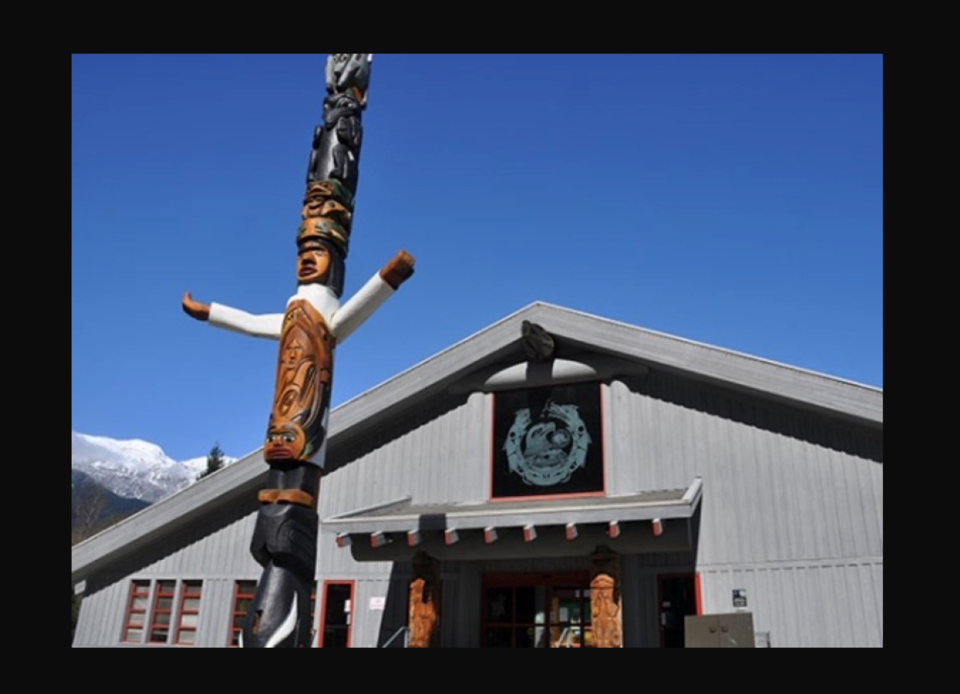With the construction of the Woodfibre LNG export facility and its associated FortisBC pipeline underway, members of the Sḵwx̱wú7mesh Úxwumixw (Â鶹Éç¹ú²úNation) had some lingering questions.
The Nation is an environmental regulator of the projects, having granted its Â鶹Éç¹ú²úNation Environmental Assessment Agreement to Woofibre LNG on October 14, 2015.
On Oct. 24, 2024, Nation members convened at Totem Hall for a focus group session dedicated to emergency preparedness in light of the Woodfibre LNG and FortisBC Eagle Mountain Gas Pipeline projects.
Organized by the Nation’s Emergency Planning & Response Department, the meeting offered a platform to address members' safety, environmental, and infrastructural concerns.
However, some of the members of the Nation had additional questions. And thus, the Nation replied in its newsletter published in December.
One critical question asked was the age and durability of LNG carriers.
The Nation confirmed that these carriers, designed to withstand up to 40 years of service, normally retire after 25 years. “The carriers will begin operations at the age of seven years,” the Nation stated in its newsletter.
Another pressing concern revolved around dust generated by construction activities at the FortisBC rail site.
In response, the Nation said that FortisBC has recently paved the road behind the Yekwaupsum reserve, near the Railway Museum of British Columbia, to reduce dust.
“Additional measures for dust control will be implemented during the 2025 spring and summer seasons,” the Nation said, noting that Indigenous monitors will oversee these efforts to ensure compliance with environmental standards.
A member inquired about emergency alerts and evacuation protocols for Yekwaupsum residents.
The Nation said that FortisBC’s emergency plans align with Â鶹Éç¹ú²úNation protocols.
Additionally, the Voyent Alert app will be used to notify members of critical events, including evacuation orders, via text, email, or phone. (To learn more connect to the )
The availability of alternate escape routes, such as the Spit Road Gate, was also discussed.
The Nation confirmed that FortisBC manages access to the gate, which will be opened if additional emergency exits are required. “Co-ordination with local emergency services will ensure seamless evacuation processes,” the Nation added in the newsletter.
Concerns about inaccurate online maps failing to show correct house numbers were raised.
The Nation acknowledged this issue, confirming updates have been made to reflect accurate house numbers for Yekwaupsum residents.
“Community members are encouraged to report further discrepancies to the Emergency Planning & Response Department,” the Nation said.
Questions about the monitoring and safety of the EGP pipeline were also addressed.
The nation confirmed FortisBC will use a fibre-optic leak detection system monitored from their Surrey Operations Centre “to detect any concerns and is capable of shutting down sections of the pipeline as needed (even during a power outage).”
Environmental concerns were raised about contaminated soil at the BC Rail site.
The Nation said that all contaminated soil from earlier construction phases had been transported to approved facilities in Vancouver. “The only stockpiles remaining are clean material and FortisBC has been notified to ensure appropriate coverage,” the Nation said.
Lastly, members were curious about the origin of materials used in the pipeline construction.
FortisBC confirmed that the steel for the pipeline is manufactured in Germany.
To learn more details and explore all the responses in depth, read the newsletter at .
Bhagyashree Chatterjee is The Â鶹Éç¹ú²ú’s Indigenous and civic affairs reporter. This reporting beat is made possible by the




